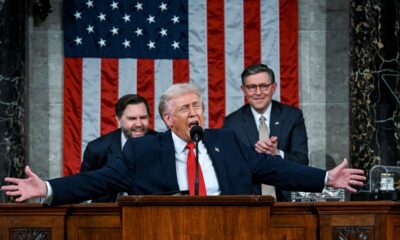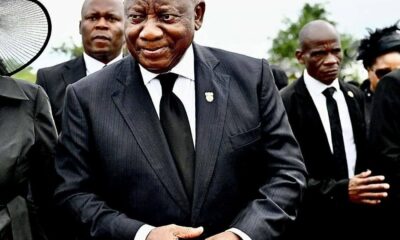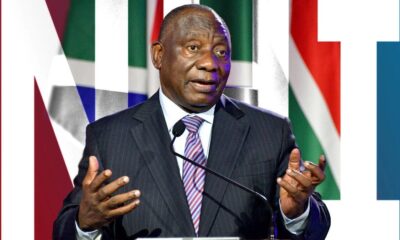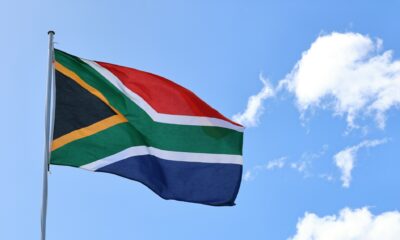News
A Diplomatic Reversal: US Backtracks on G20 Boycott in Last-Minute Move
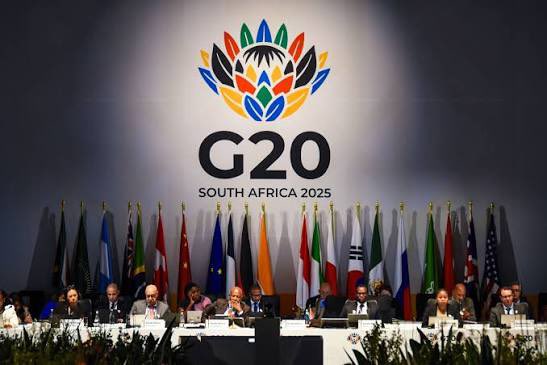
In a dramatic, last-minute shift that has added a new layer of intrigue to the G20 Leaders’ Summit, President Cyril Ramaphosa has confirmed that the United States has performed a U-turn on its plans to boycott the global gathering.
The announcement came during a European Union event at the Sandton Convention Centre on Thursday evening, just as world leaders were descending on Johannesburg. The initial US boycott, ordered by President Donald Trump, was a significant diplomatic snub, rooted in his repeatedly debunked claims of an alleged “white genocide” in South Africa.
An Eleventh-Hour Notice
President Ramaphosa revealed that his administration received notice of the American reversal at the “last hour.” While he welcomed the development as a “positive sign,” he was candid about the uncertainty it introduces.
“We have received notice from the United States concerning participation in the G20 Leaders’ Summit,” Ramaphosa stated. “There has been a change of mind about participation in one shape, form, or another.”
The practical details remain murky. With most delegations already in the country, it is unclear who will represent the US or at what level they will participate. The President noted that discussions are ongoing to determine “how practical it is and what it finally really means.” The US delegation is expected to be led by officials from its embassy in Pretoria, likely making it a lower-level diplomatic presence rather than a high-profile political one.
A Veiled Message Amid the Welcome
Despite the welcoming tone, Ramaphosa did not miss the opportunity to send a pointed message, one that seemed aimed squarely at the Trump administration’s foreign policy approach. Earlier on Thursday, while addressing the G20 Social Summit, he spoke out against global bullying and narrow agendas.
“It cannot be that a country’s geographical location or income level or army determines who has a voice, and who is spoken down to,” he said. “This means that there should be no bullying of one nation by another nation. We are all equal.”
These comments, though not naming any country, resonated deeply in the context of the recent tensions. The US boycott was the culmination of a deteriorating relationship since Trump’s return to office, which included a tense Oval Office meeting with Ramaphosa in May.
The US’s change of heart, even in a limited form, is being viewed as a minor diplomatic victory for South African statecraft. It suggests that a complete boycott was deemed too costly a move, even for an administration known for its unilateralist stance. For the host nation, it ensures that the summit is not marred by the conspicuous empty chair of the world’s largest economy, allowing the focus to remain, at least nominally, on global cooperation.
{Source: IOL}
Follow Joburg ETC on Facebook, Twitter , TikTok and Instagram
For more News in Johannesburg, visit joburgetc.com



